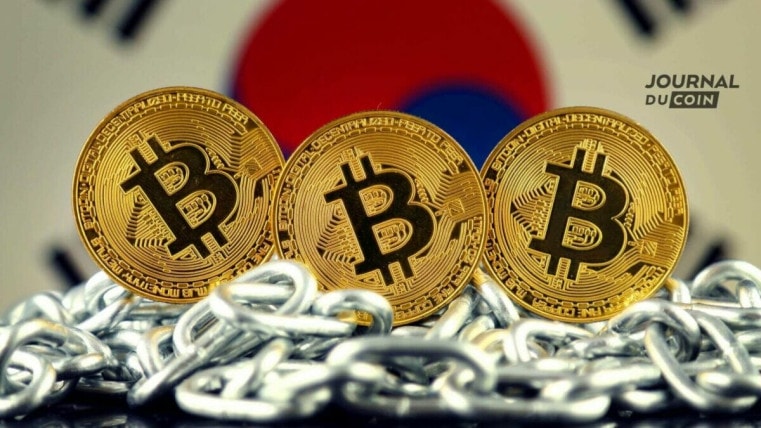Standoff in Seoul. The decision of the Securities and Exchange Commission in Washington last week took other jurisdictions, in other countries around the world, by surprise, which find themselves having to rule quickly on these same products, but at the local level. Should we allow our own citizens to buy these financial products regulated only in the United States, or should we dissuade them, or even prevent them from doing so? This is the issue that currently divides at the highest level of South Korean power since the Presidency and the country’s main financial regulator do not agree on this subject. They have been confronting each other for several days through the media, each putting forward their arguments. We take stock of these divisive Bitcoin ETFs which are currently disturbing political life in the Land of the Morning Calm.
South Korea’s Financial Services Commission (FSC) doesn’t want it
A quick look back to January 12, just two days after the validation of the Bitcoin ETF in the United States. South Korea’s main regulator issued a warning to the public that day: companies selling these “Products listed abroad could violate the country’s financial markets law”. In doing so, the Financial Services Commission (FSC), the local regulator, dampened the enthusiasm of all those who would have liked to benefit from these American Bitcoin ETFs and several companies had to, immediately, suspend trading of these financial products.
But things did not stop there, since we immediately witnessed an outcry from the private sector, supported by part of the South Korean political power. And it’s absolutely the Presidency of the Republic who stepped up to the plate! For an official from the President’s office, the regulator must absolutely review its position and reconsider the possibility of authorizing a local spot Bitcoin ETF, failing to authorize that of the Americans.

The presidency would like to change the position of the regulator on these Bitcoin ETFs
Sung Tae-yoonpolitical chief of staff of the presidential office, continued by explaining that the executive branch was currently studying different possibilities to influence the current regulations:
“We are trying to make appropriate changes to our country’s legal system, or to think about whether what is happening abroad can be accepted in our country. »
Sung Tae-yoon, political chief of staff of the presidential office – Source: The Block
In the rest of the sub-region, reactions were more or less similar to that of the FSC. The regulatory authorities of Singapore and some Thailand have prohibited their constituents from investing in American Bitcoin ETFs and have even clarified that they do not plan to authorize local forms of them. However, some informed observers cited by the specialized press already think that it could be Hong Kong the next hub of Asian Spot Bitcoin ETFs. Several investment fund managers are already considering launching into this very lucrative sector and would use the advantageous regulations of the Chinese outpost in the Web3 sector.
The Bitcoin ETFs validated by the SEC last week ultimately have significant consequences in the four corners of the world and not just in Washington, where the next crypto ETFs are already taking shape. Gary Gensler postponed the decision on those concerning Ethereum until March while some are already lobbying to push the crypto Solana (SOL)! We definitely haven’t heard the last of these American ETFs!
